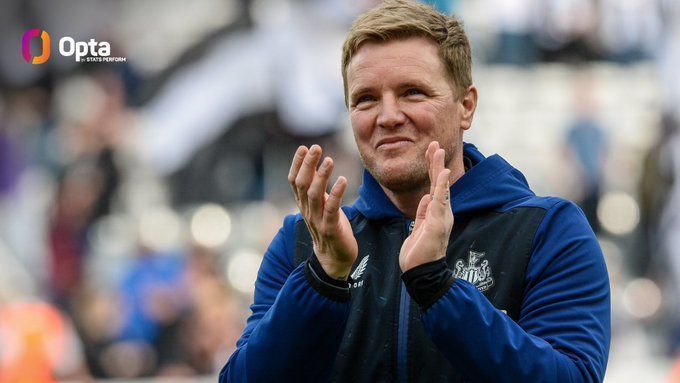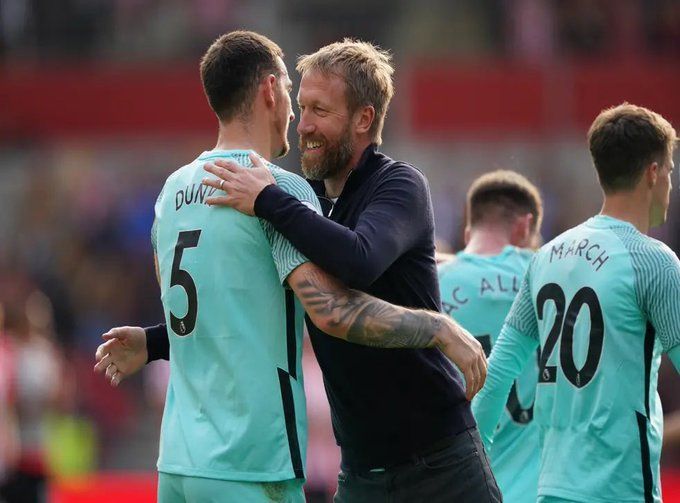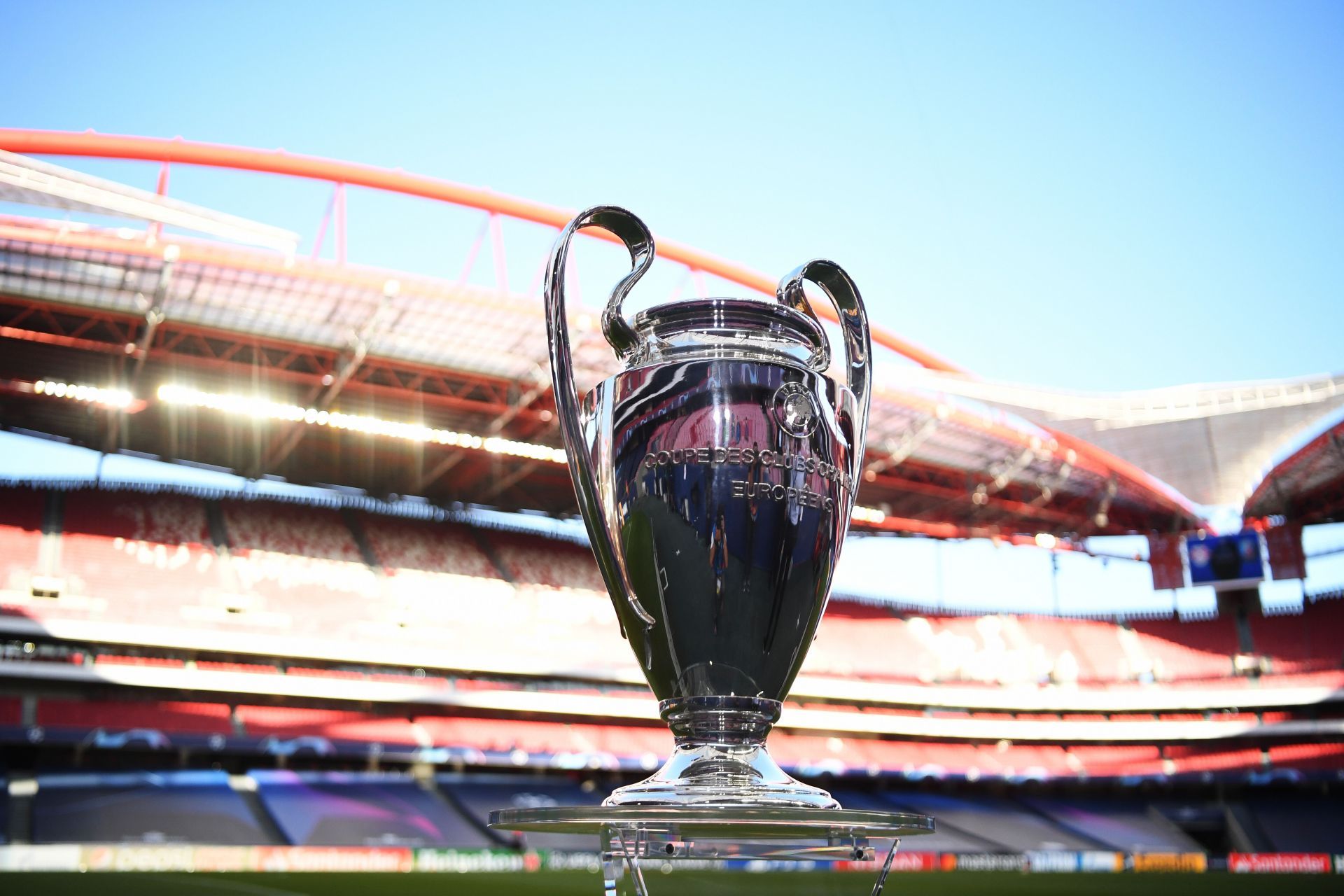
Why The Premier League Top Four Race is More Competitive Than Ever
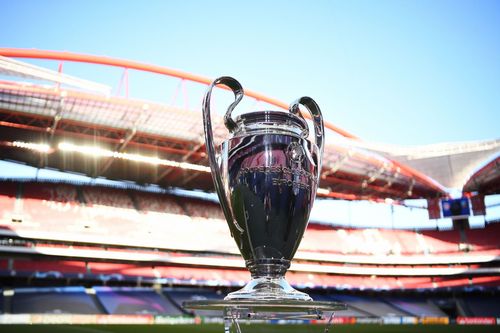
The Premier League is the most competitive and entertaining league in the world. The top four and all the other teams across the table now have exciting managers and millionaire owners to put up a challenge. The top four positions in the table book a place in the Champions League for next season while the fifth and sixth positioned teams play the Europa League and Europa Conference League.
For much of the 2000s the dominant teams in the Premier League were Manchester United, Chelsea, Arsenal, and Liverpool. These four teams were the wealthiest in the league and formed the elusive Premier League 'Top Four'. They always managed to finish in the top four positions in that era but fast forward to today, it's a different story. This group no longer exists.
Recent seasons have seen a change in the teams finishing in the Champions League places. For instance, Arsenal haven’t managed to finish in the top four since 2016. Manchester City have been the dominant force in recent times while Liverpool have been resurgent.
Tottenham Hotspur have been the newest entrants and even made it to the Champions League final in 2019. Several teams have closed the gaps in the table to make the Premier League more competitive. We will look at why this is the case and why the top four is now an achievement in itself.
Traditional Top Four 2000-2010
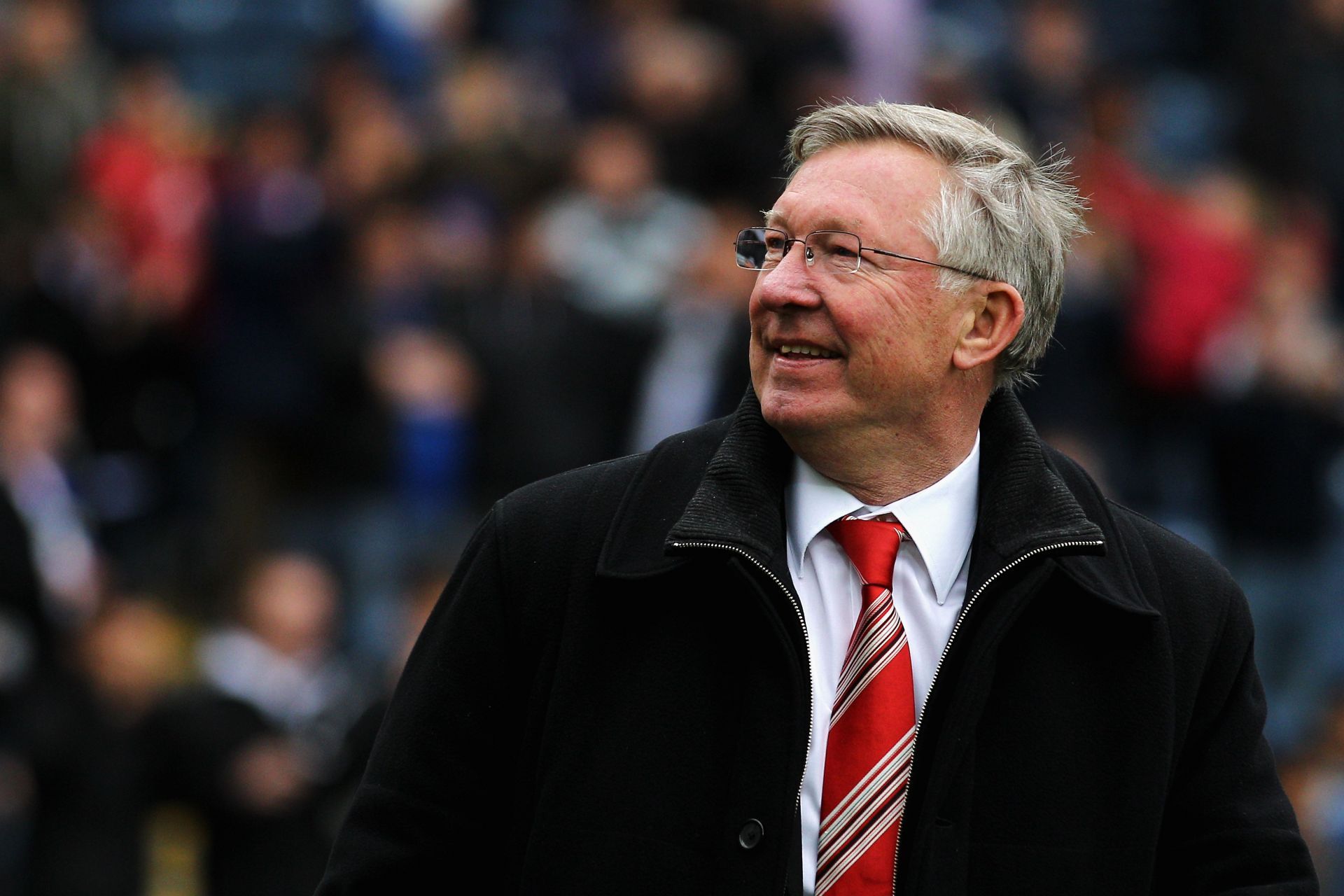
Arsenal and Manchester United dominated the first two seasons of this period, with Liverpool competing against the two. The Premier League had teams like Leeds United and Newcastle United finishing in Europe. The Red Devils and the Gunners continued to dominate but Chelsea broke through and became a force to be reckoned with under owner Roman Abramovich.
The Russian oligarch bought the Blues in 2003. From the 2003-04 season to the 2008-09 season, Chelsea and Manchester United were the dominant forces, with Arsenal winning one title and Liverpool still maintaining a presence. Tottenham Hotspur had begun appearing in Europe and the 2008-09 season saw Manchester City finish tenth under their new Abu Dhabi-based ownership.
The final season of the decade saw Chelsea, Manchester United and Arsenal maintain their presence in the top four but Tottenham replaced Liverpool. Manchester City finished fifth and Liverpool entered a rough period. At the start of the decade, the Premier League had three foreign managers: Arsene Wenger, Claudio Ranieri, and Gerard Houllier. By 2009-10 the Premier League had seven foreign managers.
Sir Alex Ferguson and David Moyes were torchbearers for more local managers and continued to be for several years going into the next decade. Chelsea became title challengers with the help of Abramovich’s wealth. Manchester City became a force out of nowhere and other teams also began to attract modern managers. The influx of wealth in the league, combined with the departure of some prominent figures would go on to dictate the next decade.
The new Premier League 'Big Six' and a more competitive era
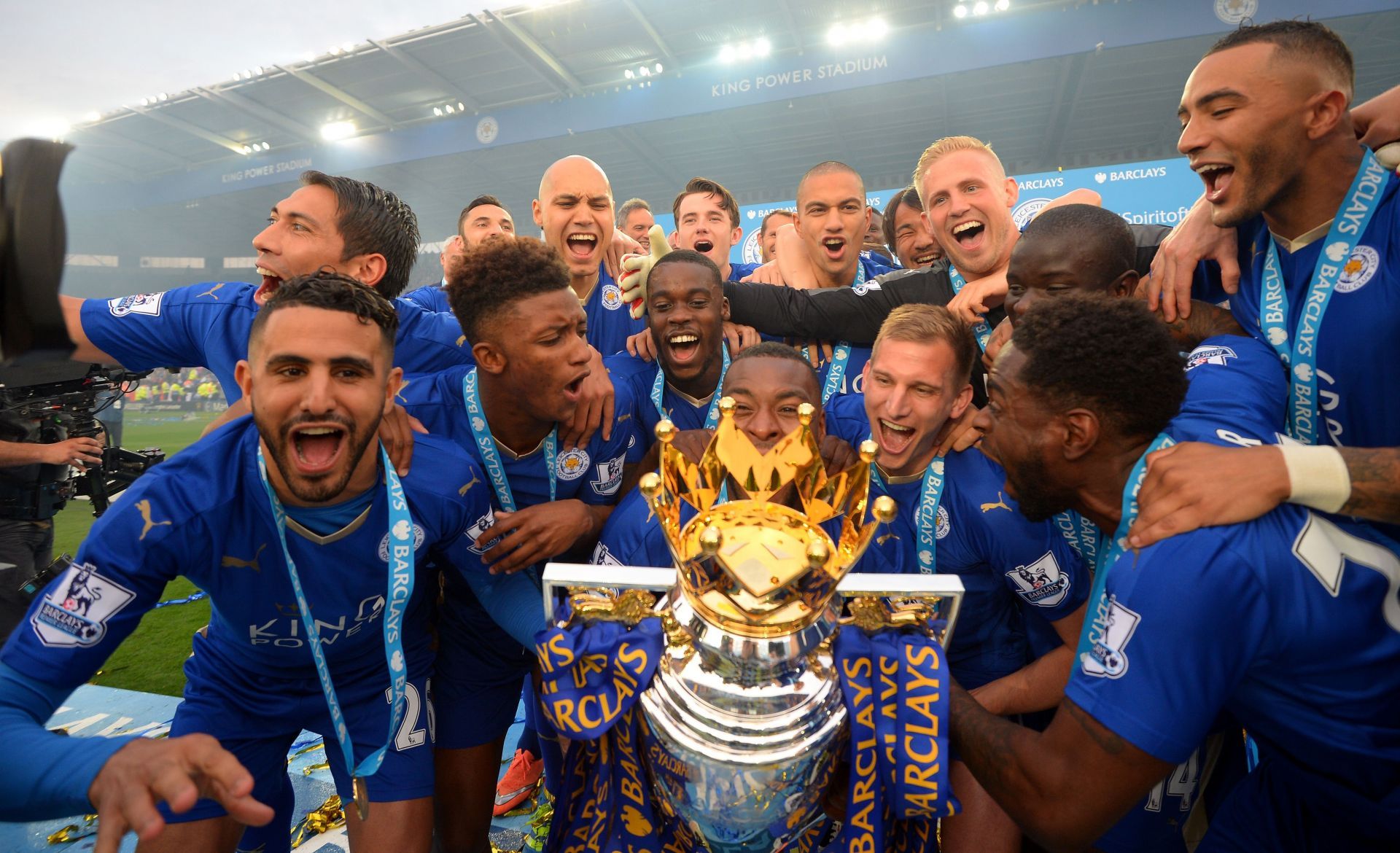
Between 2010 and 2013, United and City shared the spoils. Liverpool were largely missing while Chelsea and Arsenal stayed within the confines of first and fourth, with Chelsea dropping out once. Sir Alex then retired in 2013 which led to Manchester United's decline, leaving space for other top teams to fill.
Tottenham became consistent at finishing in the top six while Liverpool were resurgent under Brendan Rodgers and then Jurgen Klopp. The 'Top Four' had then become the 'Big Six' but what was even more exciting was the influx of quality managers into the league. Managers like Mauricio Pochettino, Ralph Hasenhuttl, Brendan Rodgers, Graham Potter, Eddie Howe, etc., began to join exciting projects.
Teams such as Southampton, West Ham United, Leicester City, Brighton & Hove Albion, Wolverhampton Wanderers, etc. began to close the gap and transition from tenth-placed finishers to sixth and seventh places. It coincided with a drop in quality from the 'Big Six' teams but both positions moved closer together.
Leicester winning the Premier League title in 2016 showed what a well-run club with a smaller budget and an exciting manager can do. It was a rare occasion but Leicester put themselves in a position to take advantage. Newcastle today have the wealthiest owners in the sport while teams like West Ham, Brighton, Wolves, etc., continue to build momentum.
Philosophies have changed, clubs are running better and of course the top level managers from abroad continue to filter in as well. Securing a place in the Champions League is harder than ever and that has made the Premier League more competitive and exciting.
World-class players like Philippe Coutinho are playing for mid-table teams like Aston Villa. Newcastle have gone from relegation contenders to top-half hopefuls. The race for the top four is separated by goal difference and the tenth-placed team might yet again achieve 50 points.
